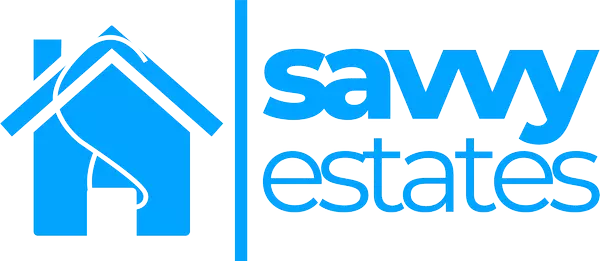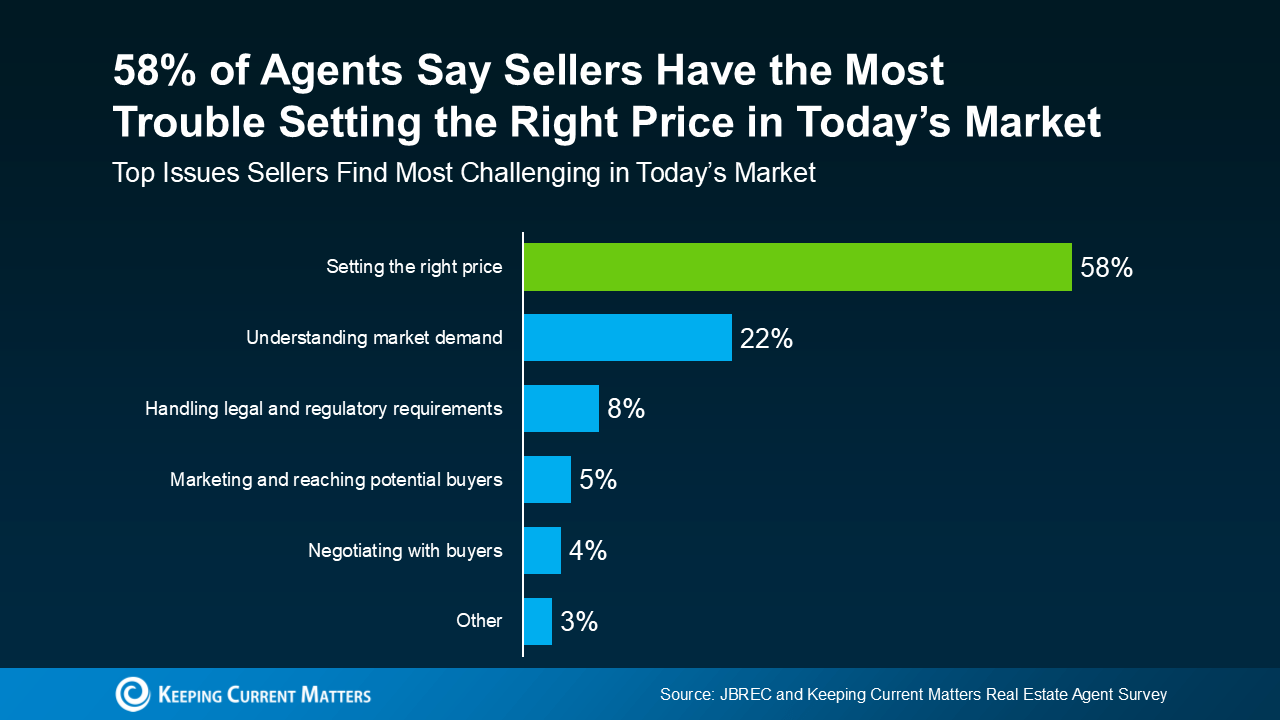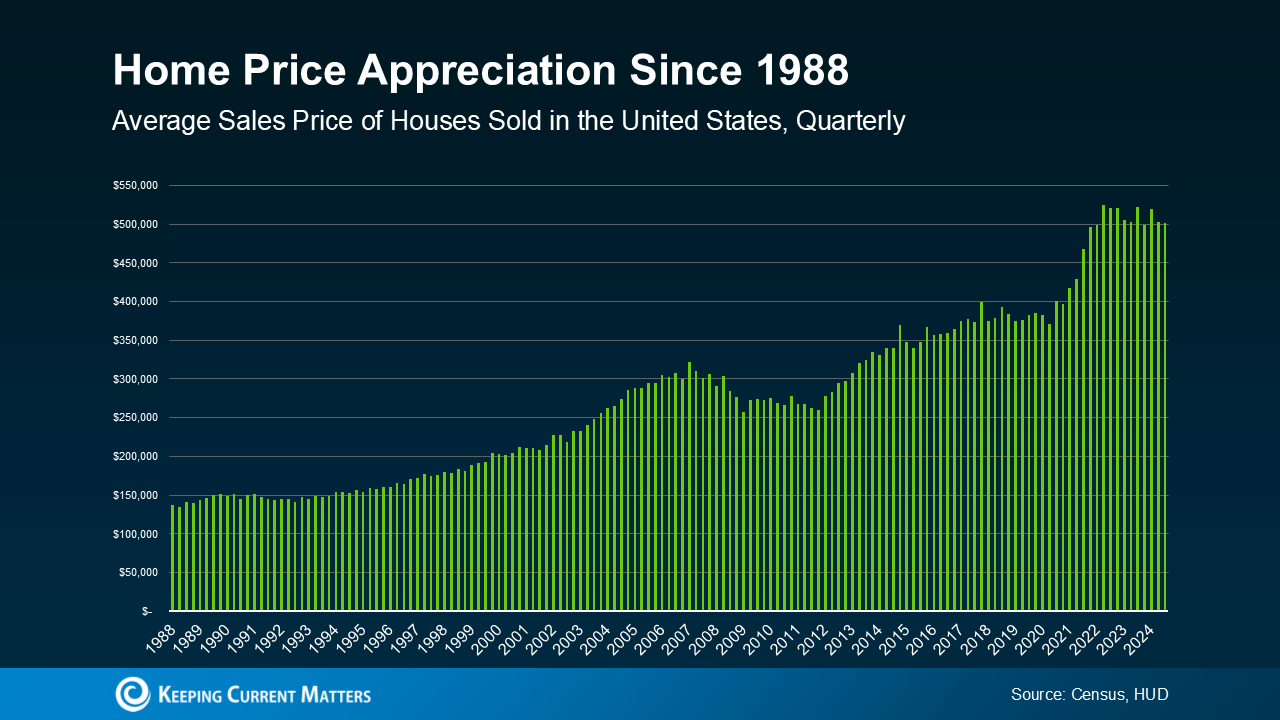
“No Payments Until Spring 2026? Here’s How Atlanta Buyers Can Benefit from This Rare Offer”
The holidays are around the corner — and so is one of the most attractive homebuying incentives we’ve seen all year. From now through November 30, select Meritage Homes across Metro Atlanta are offering buyers: No mortgage payments until Spring 2026 (first payment due May 1, 2026) Fixed rate as low

Top 5 Mistakes to Avoid When Buying or Selling Real Estate
Top 5 Mistakes to Avoid When Buying or Selling Real Estate Make smarter property decisions and maximize your investment with these expert tips for navigating the real estate market. Get Your Free Consultation Avoid Overpriced Homes: Price It Right Overpriced listings scare away buyers and stagnate o

The Return to Urban Living — Why More People Are Moving Back to Cities
After years of suburban and rural migration during the pandemic, cities have been making a comeback in the past couple of years. According to the National Association of Realtors (NAR), the percentage of people moving to cities has risen to 16%. While that may not sound like a big number to you, it
Categories
Recent Posts










Leave a reply
